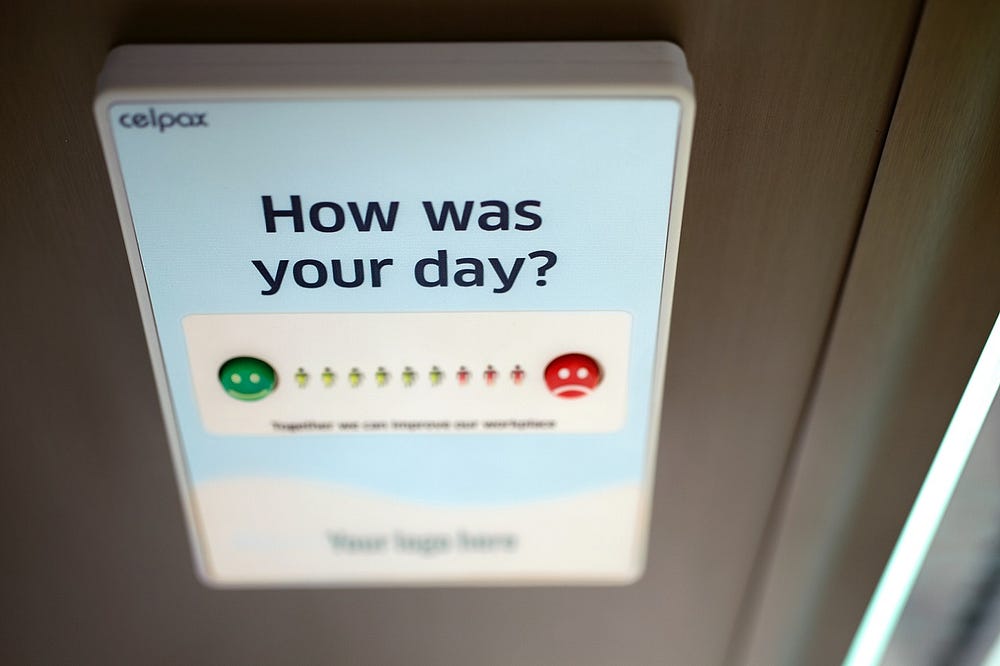Over 80% of millennials rank work-life balance as the most important factor for evaluating job prospects. Evidently, the search for a better balance between work and personal life, which started with the Gen Xs, has continued to grow in prominence over the years.
And in order to hire and retain the best talent, employers have been scrambling to transform their employee experience to provide exactly that. From flexible work hours and telecommuting opportunities to extended paternal leave and bring-your-pet-to-work policies, workplace practices and benefits have significantly evolved over the decades, presumably for the better. Yet, the real impact of these in achieving work-life balance remains to be seen.
Take, for example, work-from-home (WFH) arrangements. A study by Global Workplace Analytics reports that 80% of employees would like the opportunity to work from home, while 35% won’t hesitate to leave their current employer for a full-time telecommuting position. Yet, WFH is not without drawbacks. Unplugging from work, loneliness, collaboration, and distractions rank high among telecommuting grievances.
So, despite all these modern work practices, work-life balance remains elusive for many people. Some even quit their jobs in search of it, only to face even greater stress. In fact, excessive focus on pursuing work-life balance could lead to increased stress, anxiety, and disappointment.
The problem with work-life balance

One of the biggest challenges in achieving a balance between work and personal life is its very definition. It creates the notion of separating these two important aspects of life in order to create an equilibrium.
This is why many employees attempt to demarcate their career to a 9 to 5 schedule. And starting work early, finishing up late, or checking an email “after-hours” is then considered a sign of an unbalance. Eventually, this perspective could lead to disappointment, dissatisfaction, increased stress, and demotivation.
But the reality is that work-life balance is a notion. It’s an idea that’s beyond your grasp in the real world.
This is because irrespective of whether you’re working for yourself or for someone else, you will need to hold work responsibilities, achieve goals, meet deadlines, and answer the occasional work call during “after-hours”. And it doesn’t get any better as you progress in your career.
So for many people, work-life balance will remain an elusive idea and a source of frustration as long as they chase that perfect equilibrium.
Alternatives to work-life balance

Manage your expectations
Contrary to the old adage, the idea of having it all can lead to unrealistic expectations. But you can attempt to have most of it — in moderate portions. And if you want to have something at a level that’s disproportionately high, then be prepared to compromise on some of the others.
For instance, if you want to pursue financial goals, then you might have to sacrifice personal time. And if your aim is to have more personal time with family, then you might have to compromise on some of your career goals.
So, start by understanding your goals and priorities. This will help manage your expectations better.
Choose work-life integration
Instead of attempting to separate your work and personal lives, embrace the idea of integration. Work-life integration requires creativity and tact. And the best leaders are the ones who have mastered this technique. It’s how they build mental endurance, avoid stress and burnout, and spend time with family all at once.
So, instead of separating your personal life from your career, make work part of it. This may mean bringing your child to the office after school or working from home when he’s unwell.
Remember, it’s all about reframing your mindset. The line that separates these two important aspects of life is only drawn in your mind. So, nothing can stop you from erasing it and making them one.
Pursue happiness instead
Many people hardly know what it’s like to achieve work-life balance or even what could help them get there.
On the other hand, you know exactly when you’re happy. You also know what could make you happy. So, it makes far more sense to pursue happiness instead of seeking an elusive work-life balance.
“If I’m happy at work, I’m better at home — a better husband and a better father. And if I’m happy at home, I come into work more energized — a better employee and a better colleague,” said Amazon CEO during an interview with Thrive Global. He calls it work-life harmony.
Microsoft CEO Satya Nadal seeks his happiness by pursuing purpose and passion through his work. “What I’m trying to do is harmonize what I deeply care about, my deep interests, with my work,” said Nadal at an interview with Australian Financial Review.
You don’t need a balance
The notion of achieving a balance has pervaded many aspects of life, from money vs. happiness to work vs.personal life. This pursuit of an elusive equilibrium could often be both counterproductive and self-destructive.
Life is not so black and white, and in fact, is full of shades of gray. So, it’s time to let go of your search for balance and instead, understand priorities, manage expectations, reframe your mindset, and pursue happiness and inner-fulfillment.


